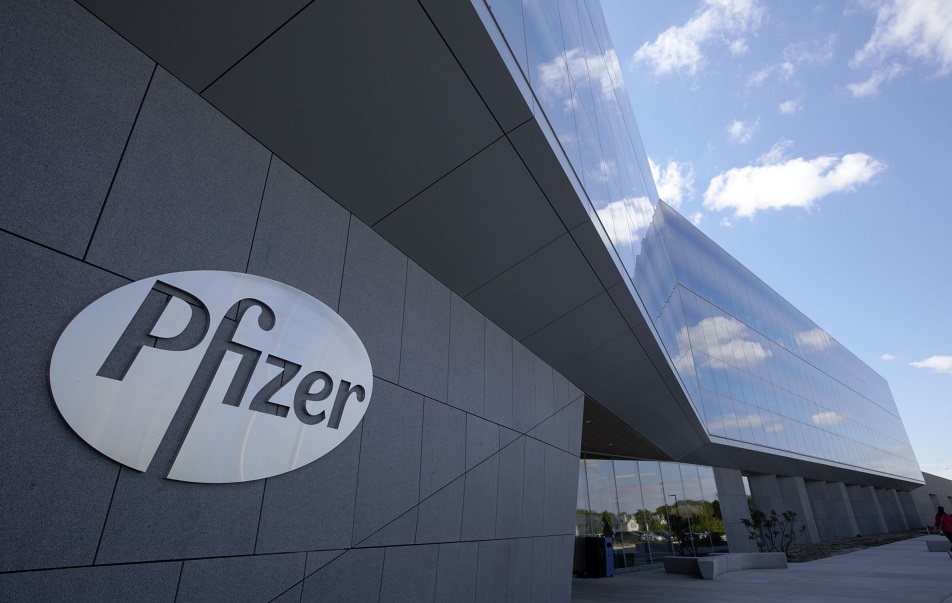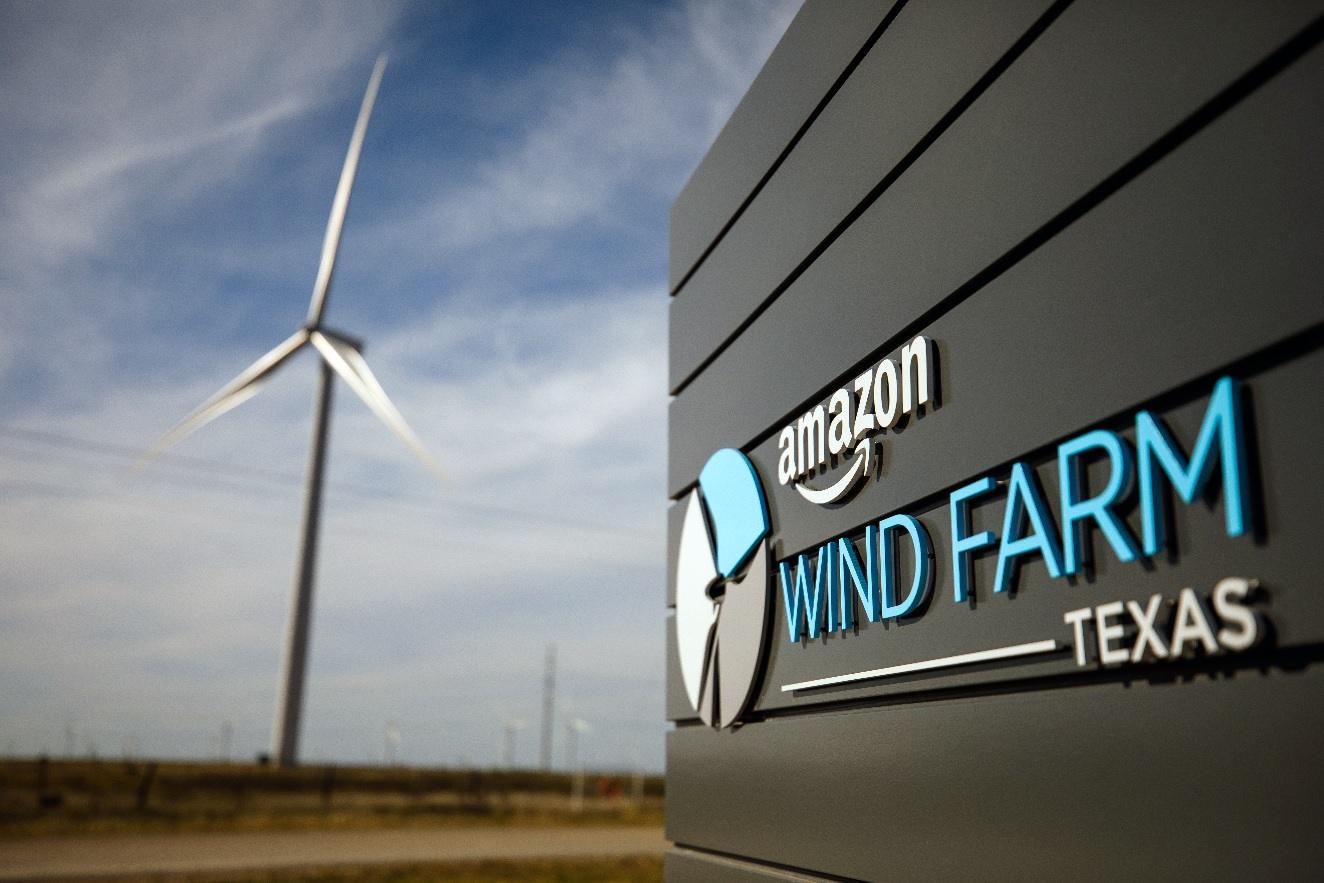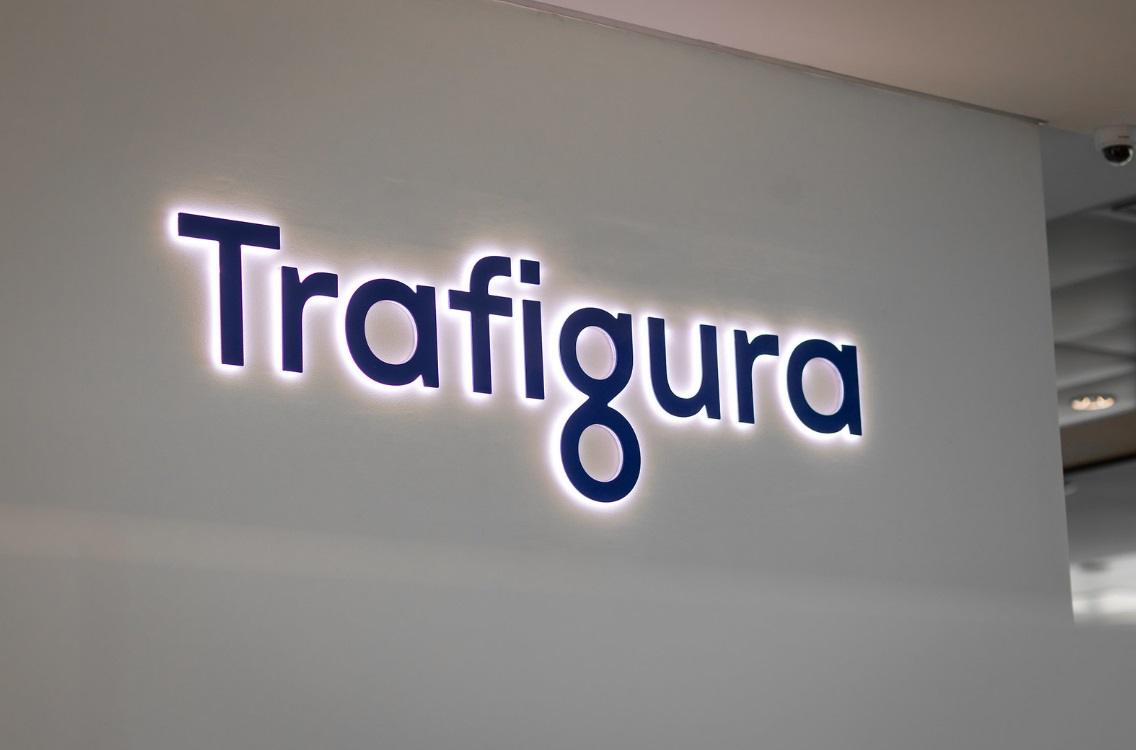Pfizer to Offer Full Portfolio of Medicines to 1.2 Billion People in Lower-Income Countries on Not-for-profit Basis
Pharmaceutical giant Pfizer announced today a major expansion of its initiative to provide medicines and vaccines on a not-for-profit basis in lower-income countries, to now include its full portfolio of approximately 500 products.
Launched in May last year, the program, “An Accord for a Healthier World,” initially included a commitment from the company to provide access to all its patented medicines and vaccines available in the U.S. or European Union on a not-for-profit basis, with a goal to reach 1.2 billion people in 45 lower-income countries. To date, the initiative has facilitated the delivery of nine medicines and vaccines for the treatment of certain cancers, infectious and inflammatory diseases in Rwanda, with advanced conversations underway with 16 countries including Malawi, Ghana and Senegal.
Albert Bourla, Pfizer Chairman and CEO, said:
“We launched the Accord to help reduce the glaring health equity gap that exists in our world. Our hope is to empower country governments and co-create solutions with them and other multi-sector partners to break down many of the system-level barriers to better health.”
With today’s announcement, Pfizer will expand the program to now include off-patent products, significantly increasing the scope of the program from 23 products to around 500 medicines and vaccines helping treat or prevent infectious and non-communicable diseases prevalent in lower-income countries.
Treatments now included in the initiative include chemotherapies and oral cancer medications to treat nearly one million new cancer cases in Accord countries each year, as well as a wide range of antibiotics that help address the rising morbidity, mortality and costs associated with antimicrobial resistance (AMR), helping to prevent around 1.5 million deaths occurring each year as a result of bacterial infections in hospitals and community health clinics.
Pfizer said that as the company launches new medicines and vaccines, it will include those products on a not-for-profit basis in the program as well.
Bourla added:
“In the months since the Accord’s launch, we have heard resoundingly from these leaders that access to a broader and more immediate scope of consistent, high-quality products is needed for meaningful and sustainable transformation. We believe this expansion of our product offering, combined with continued efforts to help address the barriers that limit or prevent access, will help us to achieve and even expedite our vision of a world where all people have access to the medicines and vaccines they need to live longer and healthier lives.”





